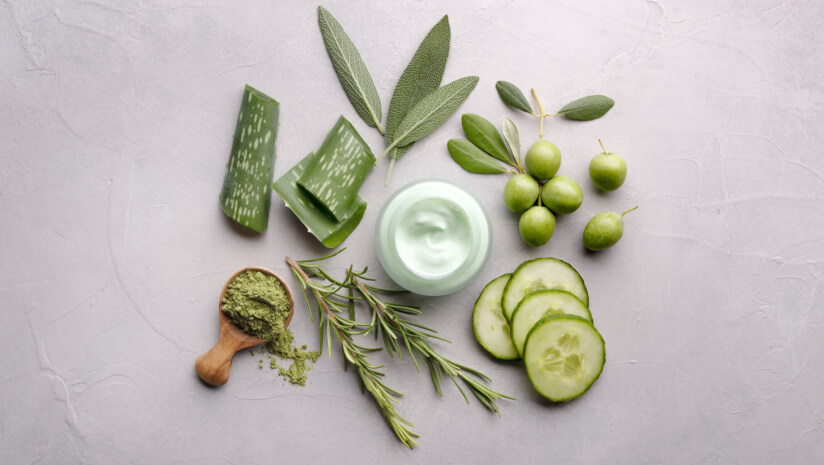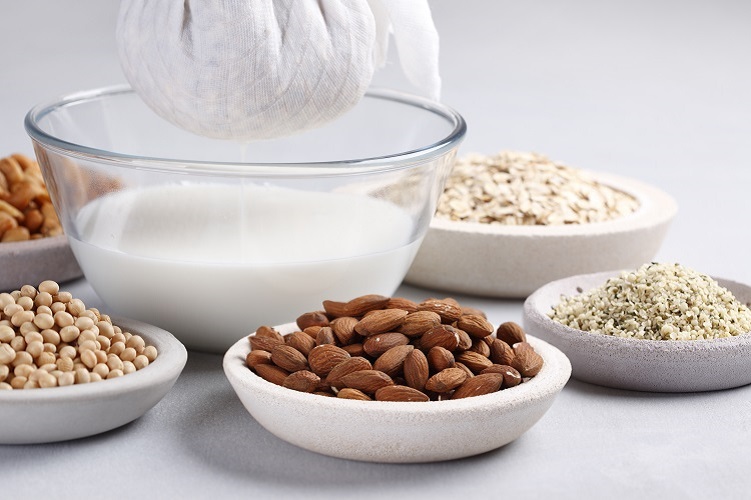
After three and a half years of legal battles between dietary supplement companies and the health food industry, an unfavorable ruling has been overturned.
After multiple court cases filed in recent years, the EU General Court has overturned the ban on aloe vera food preparations in the EU.
The ban came into effect in March 2021. Law firms began seeking a reversal in May of that year.
Aloe vera ban overturned by EU General Court
Aloe and other plants containing HADs were banned. This decision had a huge impact on both the nutrition industry and the nutricosmetics sector.
Food critics have lambasted the European Commission for "overstepping" its boundaries by banning mixtures rather than individual substances.
EFSA's scientific assessment was used to support the ban, but the EU General Court failed to identify it as containing evidence that consumers were at risk.
In May, a case filed by the law firm Covington & Burling set a precedent that led to the reversal.
Brian Kelly, a partner at Covington & Burling, said: "The Commission does not have the authority to ban botanical 'preparations.' Under this settlement, the court agreed that the Commission had overstepped its bounds.
What was the reason for the aloe ban in 2021?
The court stated that nothing in EFSA's 2017 scientific opinion or in any other part of the file indicates that the substances and preparations in question actually pose a risk to consumers.
The case has a wider impact on how the Commission makes risk management decisions and on EFSA's hazard/risk approach to risk assessment.
According to the initial decision, which was based on a 2017 scientific opinion: "Given the serious adverse effects of foods containing aloe-emodin or emodin derivatives, as well as aloe extracts, it is clear that these substances must be banned. "There can be no fixed daily consumption of hydroxyanthracene derivatives that is not detrimental to human health."
The conclusion was that aloe-emodin and emodin derivatives, as well as aloe preparations containing hydroxyanthracene, should be added to Annex III, Part A, to Regulation No 1925/2006.

